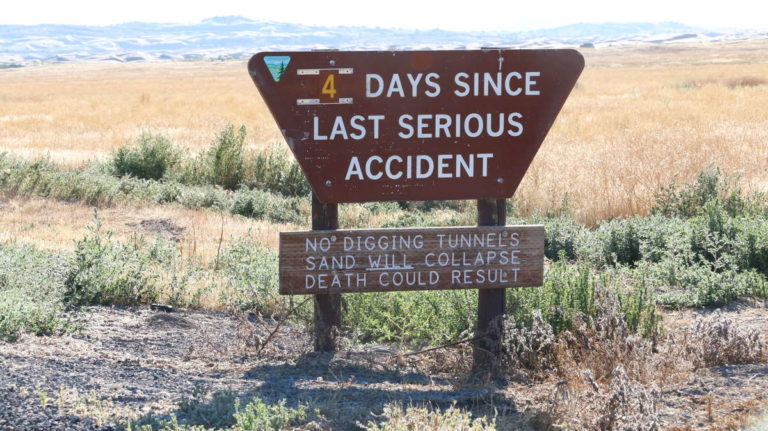It’s an ELE, an Extinction Level Event for the old financial world order. When historians look back they may just point to this moment as the catalyst.
(…)
Are we racing towards a financial renaissance or a cyberpunk nightmare of oligarchical mega-corporations ripped from the pages of William Gibson?(…)
In a way, Facebook just did the community a massive favor.
They’ll draw the fight away from smaller projects and Bitcoin to a more conventional enemy, a top down, hierarchical enemy. This is an enemy the state understands well. There’s nothing states love more than cutting off the “head of the snake.”
https://hackernoon.com/libra-a-cyberpunk-nightmare-in-the-midst-of-crypto-spring-5543b6f6e34b

 Reality update:
Reality update: 
